The best social science books look at the relationships between people and the communities they live in to draw fascinating conclusions about humanity and the societies we’ve built. These books can be as wide-ranging as urban studies, or as narrow as the program to parachute books to soldiers during World War II. Want to learn more about history from an unexpected point of view? Don’t hesitate to dive into this roundup of our top social science book recommendations!

Provincials
Who are provincials, and why are they so overlooked? In her eye-opening and subversive book, Sumana Roy takes a look at the people who live outside metropolitan areas and what brings their lives joy and meaning. In a series of diverse “postcards” from all over the globe and throughout centuries, Roy explores the literary history of great writers who were also provincials and allowed that trait to shine through their work. Crack open her enchanting book for a striking new perspective on our modern world.
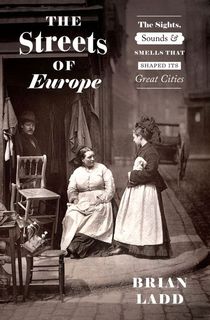
The Streets of Europe
Brian Ladd draws our attention to an overlooked aspect of European social history—the street as a place of not just transportation and commerce, but community. People once spent a large chunk of their time lingering in the street, a habit that died little by little after the introduction of the automobile and impersonal chain marketplaces. This book invites us to reflect on how the street played a vital role in public life, and how we can revitalize the practice.
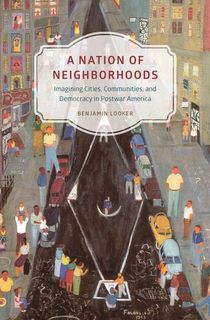
A Nation of Neighborhoods
In A Nation of Neighborhoods, Benjamin Looker argues that the idea of city neighborhoods is directly tied to conceptions about American identity. The unique character of a neighborhood isn’t by chance; rather, it emerges from a conflux of social, cultural, and political factors. From World War II to the Reagan era and beyond, this account explores the debates both broad and narrow over cities and the ever-smaller communities they’re divided into.
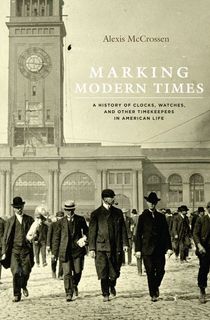
Marking Modern Times
When did timekeeping become so intertwined with modern society? This engaging book “tells a story of a period when the quest for accurate timekeeping became an obsession in the US” (Choice). Alexis McCrossen traces how clocks became installed in public places and people of all social classes invested in wristwatches, and what this means for a society that places so much emphasis on time.
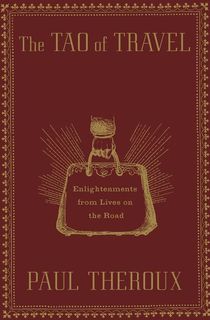
The Tao of Travel
Acclaimed author Paul Theroux’s introspective book examines both literary history and travel writing to reflect on such varied topics as his own adventures and “Writers Who Wrote about Places They Never Visited”. Incorporating musings from J.R.R. Tolkien, Graham Greene, Paul Bowles, Vladimir Nabokov, and many others, you’ll see wanderlust through a different lens once you’ve made your way through Theroux’s literary tour.
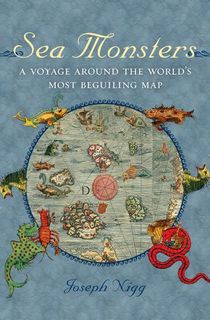
Sea Monsters
In 1539, Scandinavian mariner Olaus Magnus charted the Nordic waters. His map of the region held geographic significance, but it also went beyond cartographic concerns to portray the sea monsters that were thought to dwell in the frigid deep, as well as community interactions with the coast. This “beautiful new exploration” (Wired) will stimulate the minds of those most curious about the development of myths and Nordic social history that we can learn from the Carta Marina.
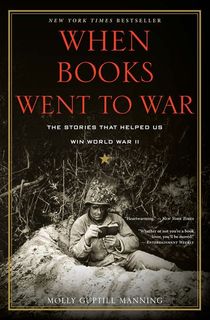
When Books Went to War
A few years after the US entered World War II, the War Department and the publishing industry collaborated on a surprising new program: bringing books to soldiers, by parachuting specialty paperbacks designed to be easy to carry. In addition to lifting soldiers’ spirits, the program also rescued some books from obscurity. This New York Times bestselling account is a “cultural history that does much to explain modern America” (USA Today).
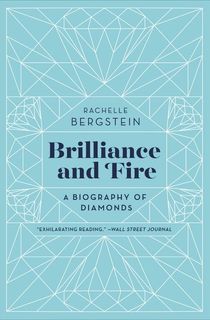
Brilliance and Fire
The diamond is the world’s most coveted gemstone, and a symbol of enduring love. How did it come to represent commitment? This deep dive into the cultural history of diamonds will answer every question you have about the precious stones and their enduring allure. From the South African mines where diamonds have been sourced since the 19th century to the carefully crafted marketing campaigns to keep interest in them alive, this is a thorough read about a fascinating topic.
This post is sponsored by Yale University Press. Thank you for supporting our partners, who make it possible for The Archive to continue publishing the history stories you love.

